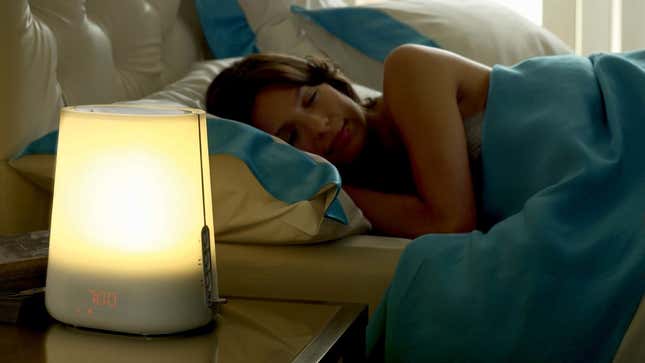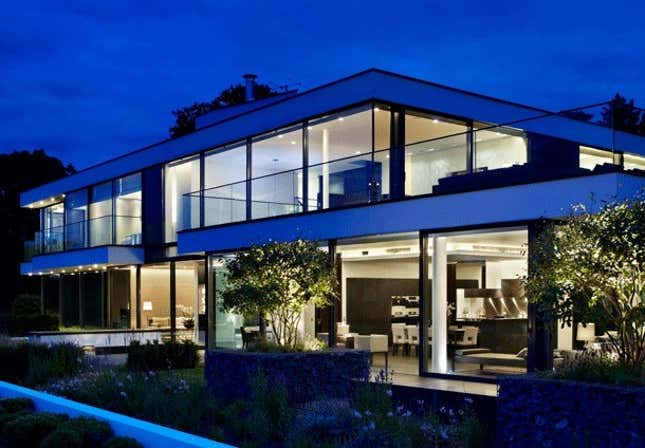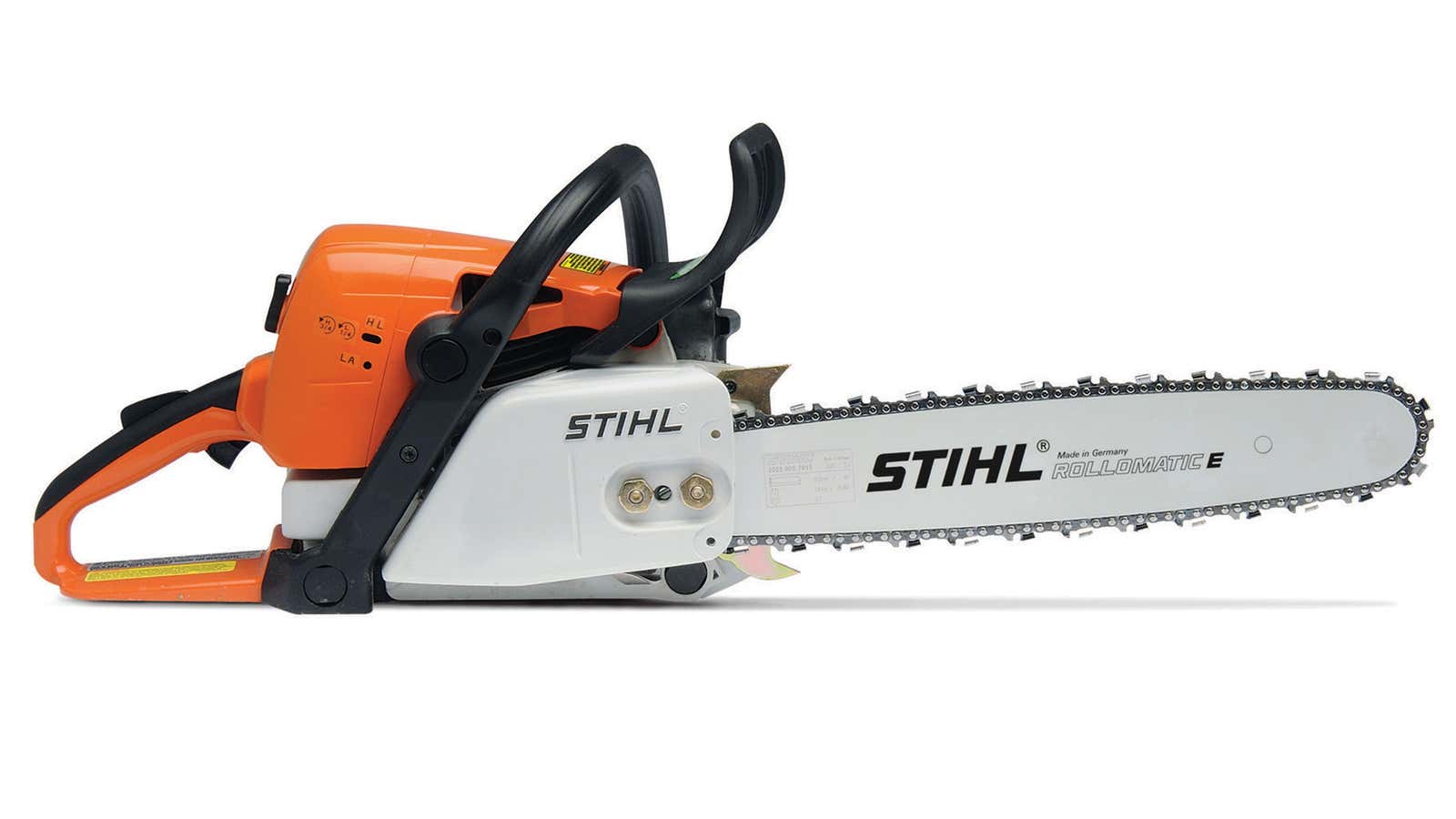Noise pollution costs Europe $30.8 billion a year. It increases blood pressure, shortens lives, reduces office productivity by 66%, interferes with learning and concentration and, along with open-plan offices, has contributed to a boom in the sale of headphones.
The UK’s Noise Abatement Society, an advocacy group for combatting “antisocial noise”, has responded with a new certification for quiet consumer goods, known as the Quiet Mark. The certification highlights the fact that sound—its function as well as its reduction—is becoming an evermore important part of the design of products.

Quiet Mark doesn’t just certify naturally quiet products like moccasins and woolen blankets (although, there are those). A wider variety of manufacturers are now thinking about how smaller and more urban living arrangements, denser cities, and offices without walls are affecting our health and sanity. There are silent music instruments, ultra-quiet cars, air conditioning units without all the rattle and fuss, alarm clocks without alarms, sound-proof doors, and even a chainsaw for those who need to chop things up without exciting the dog.
There is proof that city life actually drives people crazy, and scientists hypothesize that the stress of all that noise could be one reason for it. Noise is worse in some places, like hospitals and Hong Kong, and, oddly, it affects people with hearing loss much more than those without it. As the world’s population ages and urbanizes, the market for noise-minimizing devices will only grow.

There’s even a Quiet House, erected by the Noise Abatement Society, to showcase just how sweet life can be when you’re surrounded by sound-baffling clouds and refrigerators that don’t sound like trucks when their compressors kick on. Of course, if we really want our cities to be quiet, we’re going to have to fill them with electrified vehicles and “reversing alarms” that calibrate the beep-beep volume of reversing vehicles to surrounding noise levels. There’s also a movement to make emergency vehicle sirens less abrasive.
Retail spaces are also ripe for sonic disruption, or at least better sound design, according to sound designers like Julian Treasure. His 2009 TED talk on the subject is so punchy and compelling it will make you want to give him money, which he’s happy to take.
